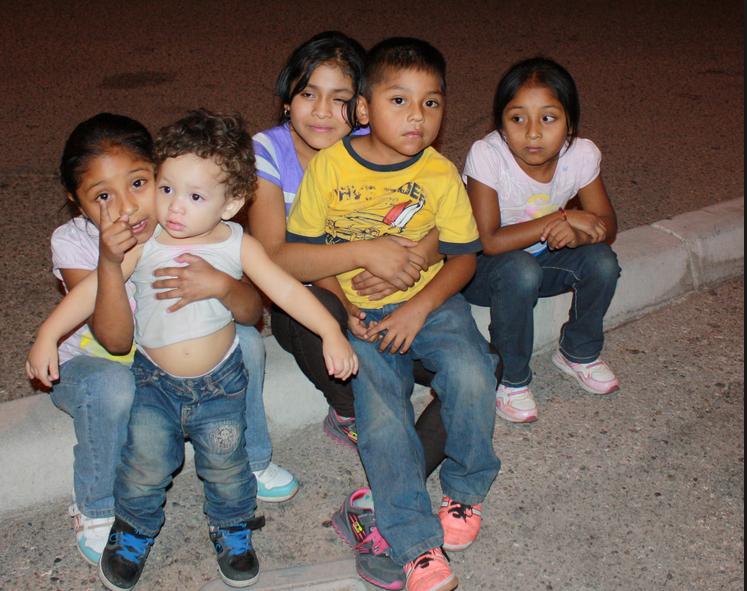In an effort to help the almost 3,000 unaccompanied immigrant children who have arrived in Maryland this year, the state this week launched Buscando, a website designed to connect them and their caretakers with volunteers and resources.
Officials from Gov. Martin O’Malley’s administration debuted the website (https://buscandomaryland.com/) during a press conference at the Hyattsville Branch Library on Wednesday. Ted Dallas, secretary of Maryland’s Department of Human Resources, said Buscando (which means to look for in Spanish) is the newest phase in the state’s response to the needs of unaccompanied children in Maryland.
Buscando is designed to serve as a database of resources for the children and their caretakers. For example, users can type in their location and search for clothing, and a map is generated which shows contact information for nearby organizations that will provide clothes.
Organizations and individual volunteers can also sign up on the website to provide materials, or services like transportation or counseling.
The website was built by volunteer programmers from Code for Progress, Hear Me Code and the Tech Lady Hackathon.
Aliya Rahman, of Code for Progress, said the project was a chance for programmers to use their skills to make a difference in the community.
“The best technology is built for and by people affected by the issues,” Rahman said.
Roughly 2,800 unaccompanied children have arrived in Maryland in 2014, the fifth largest number in the country. The children have come primarily from Central America, fleeing violence in countries like El Salvador, Honduras and Guatemala.
Anne Sheridan, executive director of the Governor’s Office for Children, described the project as a “labor of love.”
The first challenge, according to Sheridan, has been determining what kinds of resources are useful to children and their caretakers.
“We have to figure out what they need,” Sheridan said. “Then, it’s all about mechanics.”
Officials also highlighted other resources the state offers unaccompanied children, including a printed resource guide for people who do not have access to the website. Maryland also operates a 24-hour 2-1-1 phone hotline, which aims to provide immediate assistance and guide callers through the Buscando website.
The goal for Buscando is to efficiently deliver information and resources to the people who need them. Sheridan also said she wants children and their caretakers to know that the government is in it for the long haul.
“We’re a welcoming place, and we want them to know that help is available,” Sheridan said.
By Stephen Waldron



Write a Letter to the Editor on this Article
We encourage readers to offer their point of view on this article by submitting the following form. Editing is sometimes necessary and is done at the discretion of the editorial staff.